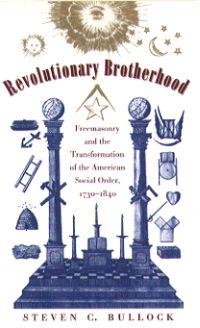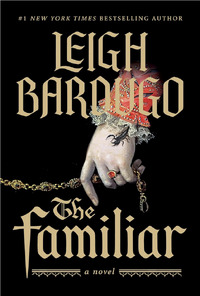

Purchase
Freemasonry and the Transformation of the American Social Order, 1730-1840
University of North Carolina Press
September 1995
442 pages
ISBN: 080784750X
Hardcover
Add to Wish List
Non-Fiction | Historical
In the first comprehensive history of the fraternity known
to outsiders primarily for its secrecy and rituals, Steven
Bullock traces Freemasonry through its first century in
America. He follows the order from its origins in Britain
and its introduction into North America in the 1730s to its
near-destruction by a massive anti-Masonic movement almost a
century later and its subsequent reconfiguration into the
brotherhood we know today. With a membership that included
Benjamin Franklin, George Washington, Paul Revere, and
Andrew Jackson, Freemasonry is fascinating in its own right,
but Bullock also places the movement at the center of the
transformation of American society and culture from the
colonial era to the rise of Jacksonian democracy. Using lodge records, members' reminiscences and
correspondence, and local and Masonic histories, Bullock
links Freemasonry with the changing ideals of early American
society. Although the fraternity began among colonial
elites, its spread during the Revolution and afterward
allowed it to play an important role in shaping the new
nation's ideas of liberty and equality. Ironically, however,
the more inclusive and universalist Masonic ideas became,
the more threatening its members' economic and emotional
bonds seemed to outsiders, sparking an explosive attack on
the fraternity after 1826.
Comments
No comments posted.
Registered users may leave comments.
Log in or register now!
| 


 © 2003-2024 off-the-edge.net
all rights reserved Privacy Policy
© 2003-2024 off-the-edge.net
all rights reserved Privacy Policy